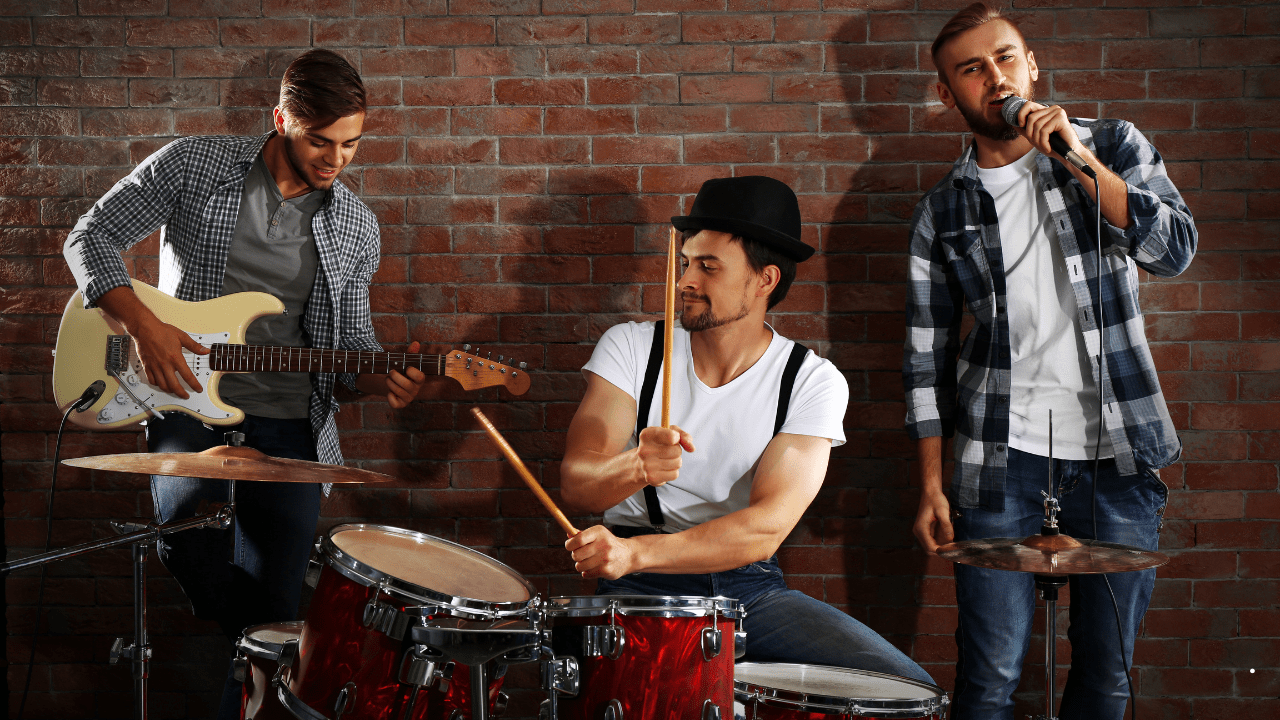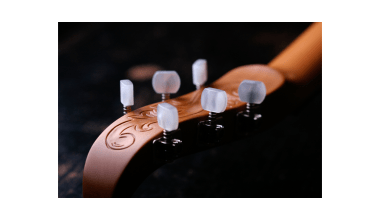India is a land of rich cultural heritage, and its music reflects the soul of the nation. From classical maestros to contemporary legends, Indian musicians with their instruments have left an indelible mark on the world. Their unique styles, combined with the traditional and modern influences of their instruments, have enriched the global music landscape.
This blog takes you through the lives of some of the greatest Indian musicians and the instruments they mastered.
The Role of Instruments in Indian Music
In Indian music, instruments are more than tools—they are companions to the artist’s soul. They amplify emotions, tell stories, and bring melodies to life. Whether it’s the sitar, tabla, veena, or flute, each instrument has its unique voice and history.
Classical music, both Hindustani and Carnatic, thrives on the interplay of vocals and instruments. Instruments like the tanpura provide a soothing drone, while others, like the sarod or mridangam, deliver intricate rhythms and melodies.
Sitar and Ravi Shankar
No discussion of Indian musicians with their instruments is complete without mentioning Ravi Shankar and the sitar. Ravi Shankar popularized the sitar globally, introducing millions to the beauty of Indian classical music.
The sitar is a string instrument with a rich tonal quality. Shankar’s mastery brought him international acclaim, leading to collaborations with Western musicians like George Harrison of The Beatles.
Tabla and Zakir Hussain
The tabla, a pair of hand-played drums, is one of the most recognizable instruments in Indian music. Zakir Hussain, a tabla virtuoso, has revolutionized the way the world views Indian percussion. Known for his mesmerizing rhythms and innovative compositions, Hussain has elevated the tabla to new heights.
Veena and M. S. Subbulakshmi
The veena, a traditional string instrument, holds a special place in Carnatic music. M. S. Subbulakshmi, though primarily a vocalist, often performed with veena accompaniment, blending her soulful voice with the instrument’s divine resonance.
The veena is known for its meditative and calming tones, often associated with spiritual music and devotion.
Sarod and Amjad Ali Khan
Amjad Ali Khan is a name synonymous with the sarod. This fretless string instrument is known for its deep, haunting sound. Khan’s playing style combines technical brilliance with emotional depth, making the sarod a global ambassador of Indian classical music.
Flute and Hariprasad Chaurasia
The flute, called bansuri in India, is a simple bamboo instrument with extraordinary expressive power. Hariprasad Chaurasia is the foremost exponent of the bansuri. His music bridges the worlds of classical and contemporary, enchanting listeners with its purity and serenity.
Santoor and Shivkumar Sharma
The santoor, a trapezoidal hammered dulcimer, was brought to the forefront of Indian classical music by Shivkumar Sharma. Originating from the valleys of Kashmir, the santoor produces a delicate, ethereal sound. Sharma’s innovations and performances have made the santoor a beloved instrument worldwide.
Shehnai and Bismillah Khan
Bismillah Khan’s name is inseparable from the shehnai, a wind instrument often played at auspicious occasions in India. Khan’s mastery transformed the shehnai into a solo concert instrument, earning him international acclaim and numerous awards, including the Bharat Ratna.
Mridangam and Palghat Mani Iyer
The mridangam is the primary percussion instrument in Carnatic music. Palghat Mani Iyer was a legendary mridangam player, known for his rhythmic precision and improvisational skills. His contributions have inspired generations of percussionists.
Ghatam and Vikku Vinayakram
The ghatam, a clay pot used as a percussion instrument, is a staple in Carnatic music. Vikku Vinayakram brought global attention to this unique instrument with his dynamic and innovative performances.
Contemporary Indian Musicians and Their Instruments
Indian musicians with their instruments have also made a mark in contemporary music. Artists like A. R. Rahman have blended traditional instruments with modern production techniques, creating timeless compositions.
Instruments as Cultural Symbols
Instruments in Indian music are more than just tools of expression. They symbolize India’s cultural diversity and spiritual heritage. From folk traditions to classical renditions, instruments have been central to preserving and promoting Indian culture.
Conclusion
The legacy of Indian musicians with their instruments is a testament to the richness of India’s musical heritage. Their mastery and dedication have not only preserved classical traditions but also adapted them to modern audiences. By celebrating these artists and their instruments, we honor the timeless art of Indian music.
Related Articles:
For further reading, explore these related articles:
- Best Motivational Podcasts on Spotify for Inspiration and Growth
- Exploring the Rich History of Indian Classical Music
For additional resources on music marketing and distribution, visit Deliver My Tune.






